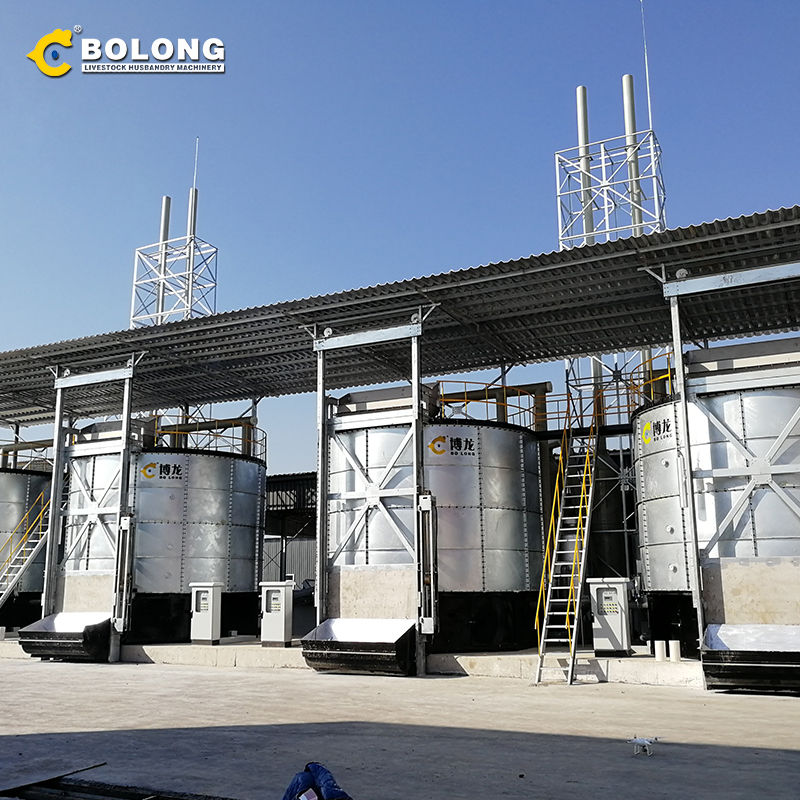
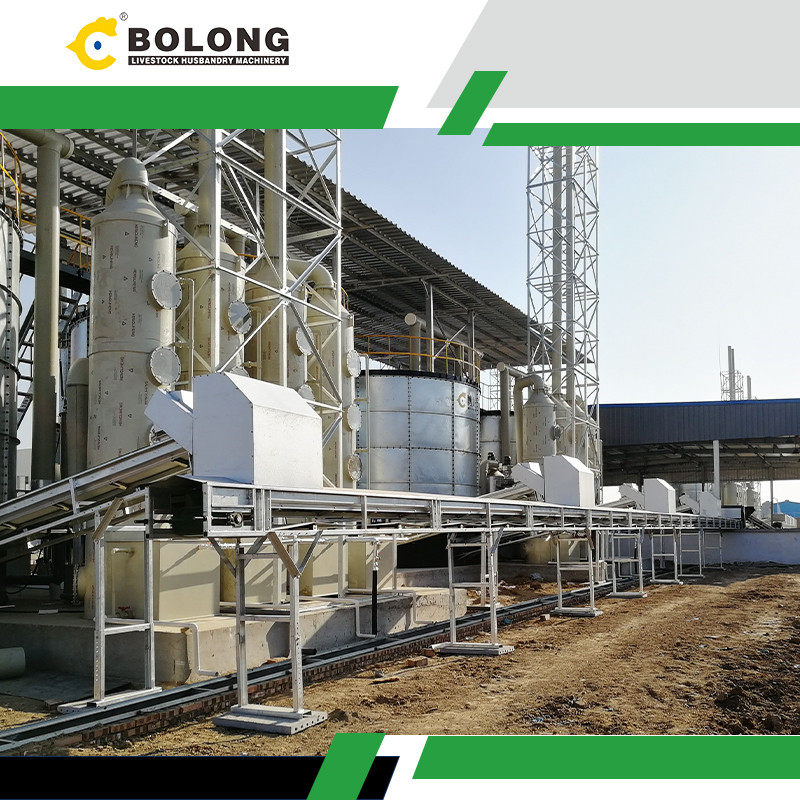
2013/11/22/ · The CSTR was made from acrylic with a 1 L total volume and a 0.7 L working volume (Fig. 1).The reactor was started up using 2.30 g-VSS/L of inoculums, 2.54 g-volatile solid (VS)/L of food waste (equivalent to 29.17 g-COD/L) and 0.11 M of citrate buffer which was the optimum conditions obtained from our previous batch experiments [18].The
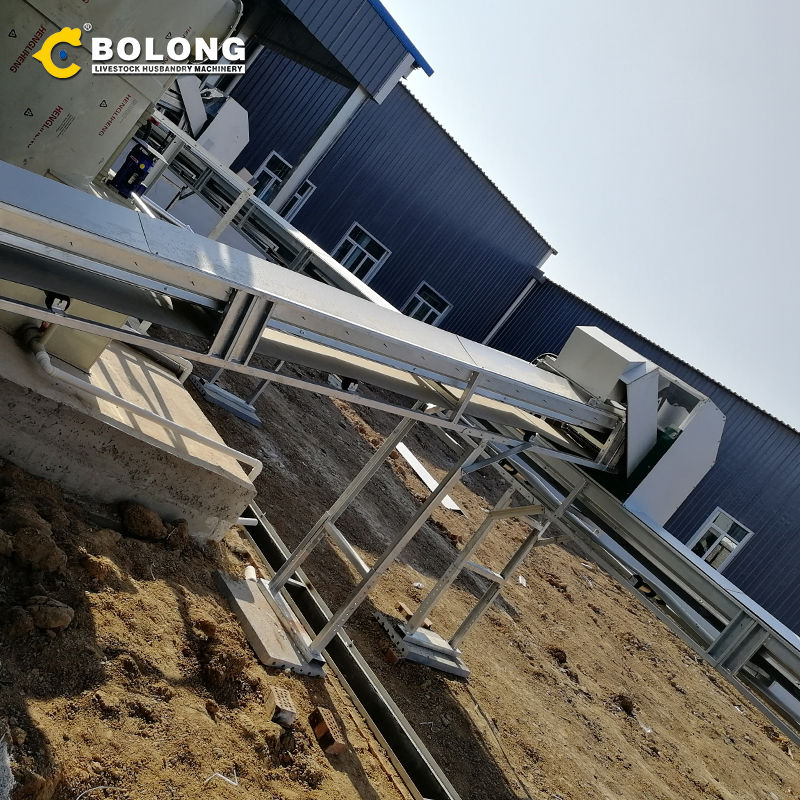
2021/9/18/ · Continuous Culture Definition. Continuous culture is a continuous process where nutrients are continually added to the bioreactor and the culture broth (containing cells and metabolites) is removed at the same time. The volume of the culture broth is constant due to a constant feed-in and feed-out rate (i.e consumed nutrients are

2008/3/1/ · An intermittent–continuous stirred tank reactor (I-CSTR) as shown in Fig. 1 was used in this study to enrich hydrogen producing bacteria. The total volume of the CSTR is 3 L.A complete-mix condition was achieved with a mechanic mixer at an agitating speed of 160 rpm.The screw type of baffle was set to increase the turbulence during operation.
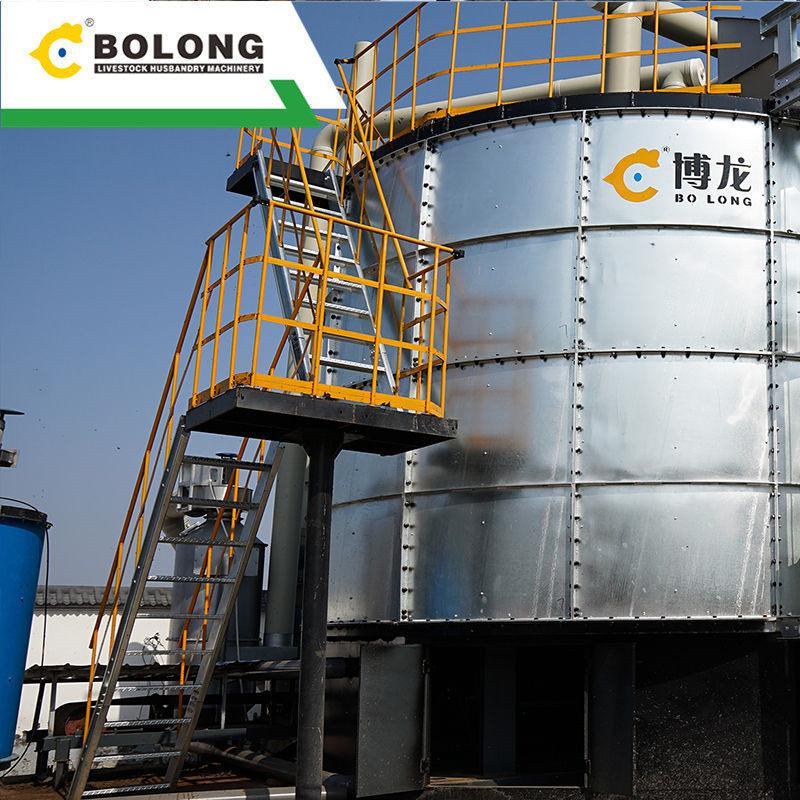
2015/1/1/ · Fermentation Unit Operations. Fermentation processes have in common many of the familiar chemical engineering unit operations. Utilize cheaper raw materials such as waste carbohydrates. 4. Develop continuous processes to improve productivities. ... Continuous feeding of liquid ammonium hydroxide or gaseous ammonia controls pH

2009/9/7/ · In fact, the H 2 yield in the batch operation was five times higher than that of the continuous one in treating olive pulp waste [23]. Valdez-Vazquez et al. [24] also doubted the general concept that batch and semi-continuous operations are less efficient than continuous one in H 2 fermentation of organic solid wastes. However, there is a

2023/1/23/ · Semi-continuous fermentation is defined as the fermentation process in which the substrate is added and the product removed at intervals. It combines some of the features of batch and continuous fermentation. In semi-continuous cultures, a fixed volume of the fermented medium is usually taken out from the fermentation vessel, and

A practical approach of synchronously recovering vivianite and volatile fatty acids (VFAs) by food waste (FW) and waste activated sludge (WAS) co-fermentation in continuous operation was investigated. Approximately 82.88% P as high-purity vivianite (95.23%) and 7894 mg COD/L VFAs were finally recove
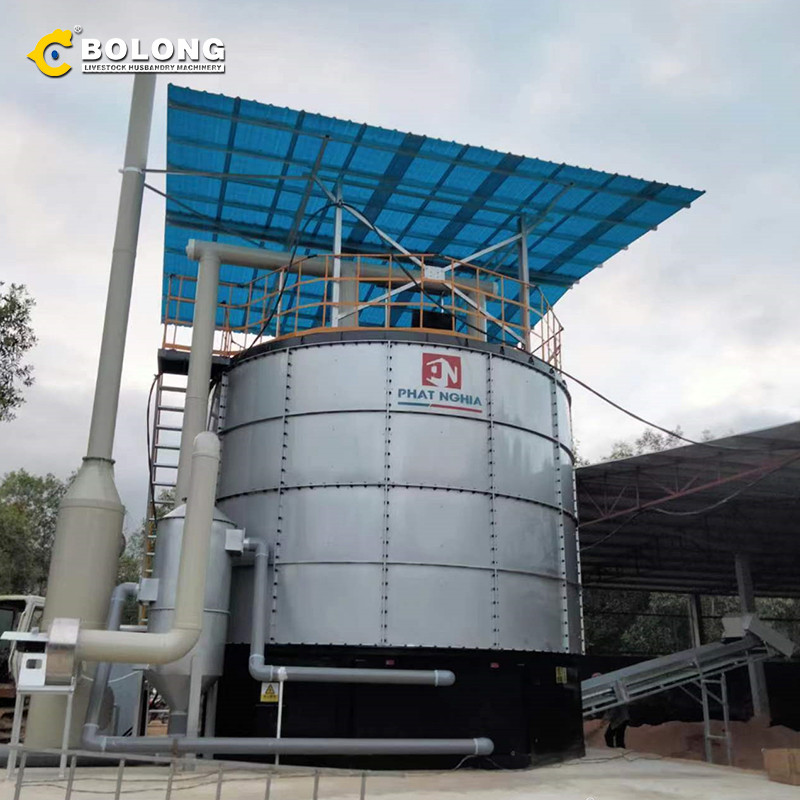
2023/8/17/ · Lactic acid plays an important role in industrial applications ranging from the food industry to life sciences. The growing demand for lactic acid creates an urgent need to find economical and sustainable substrates for lactic acid production. Agricultural waste is rich in nutrients needed for microbial growth. Fermentative production of lactic acid from

2013/11/1/ · In this part, the integrated operation of fermentation and EDBM in continuous operation model was carried out and its schematic operation procedure is shown in Fig. 1 b. In the legends on the Fig. 6, the value in the parenthesis is the initial concentration of the alkali solution (mol/L) at each current density.

However, several key challenges should be addressed for the industrial application of continuous fermentation processes, including (1) contamination of the fermentation
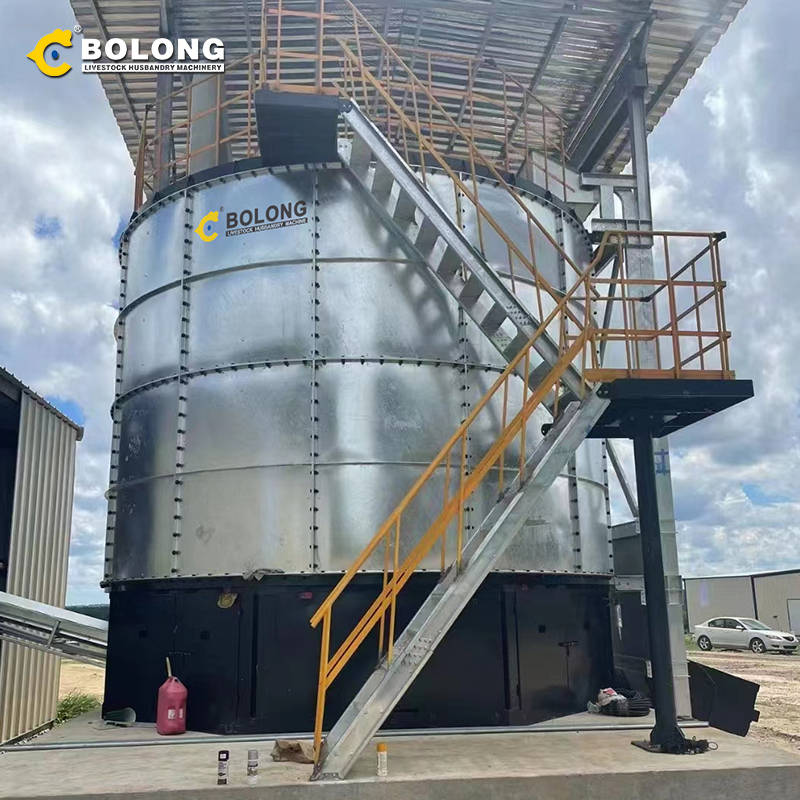
2022/9/12/ · Recently, hydrogen gas is becoming the most prominent alternative fuel due to its clean and environment-friendly nature. It only delivers water as a waste product during the operation instead of emitting harmful greenhouse gases. It has a high heating value (142 MJ/kg), over 2.75 times that of other hydrocarbon-based petroleum fuels.

2. Acetic Acid and the Generator Method Although often not considered more than in passing, the acetic acid fermentation for food vinegar provides the earliest and most widely used example of continuous fermentation. The process is variously known as the generator, quick, German, Boerhave, or Schuzenback process.

In the study, at first, batch tests were performed to investigate the effect of alkali-shock on H2 production from food waste (FW). After alkali-pretreatment of FW at pH 9.0-13.0, the FW was cultivated under mesophilic condition at pH 6.0 for 30 h without external inoculum addition. The amount of H2

2006/2/18/ · A new continuous sterilization system was designed, constructed, started up, and qualified for media sterilization for secondary metabolite cultivations, bioconversions, and enzyme production. An existing Honeywell Total Distributed Control 3000-based control system was extended using redundant High performance Process Manager controllers for …